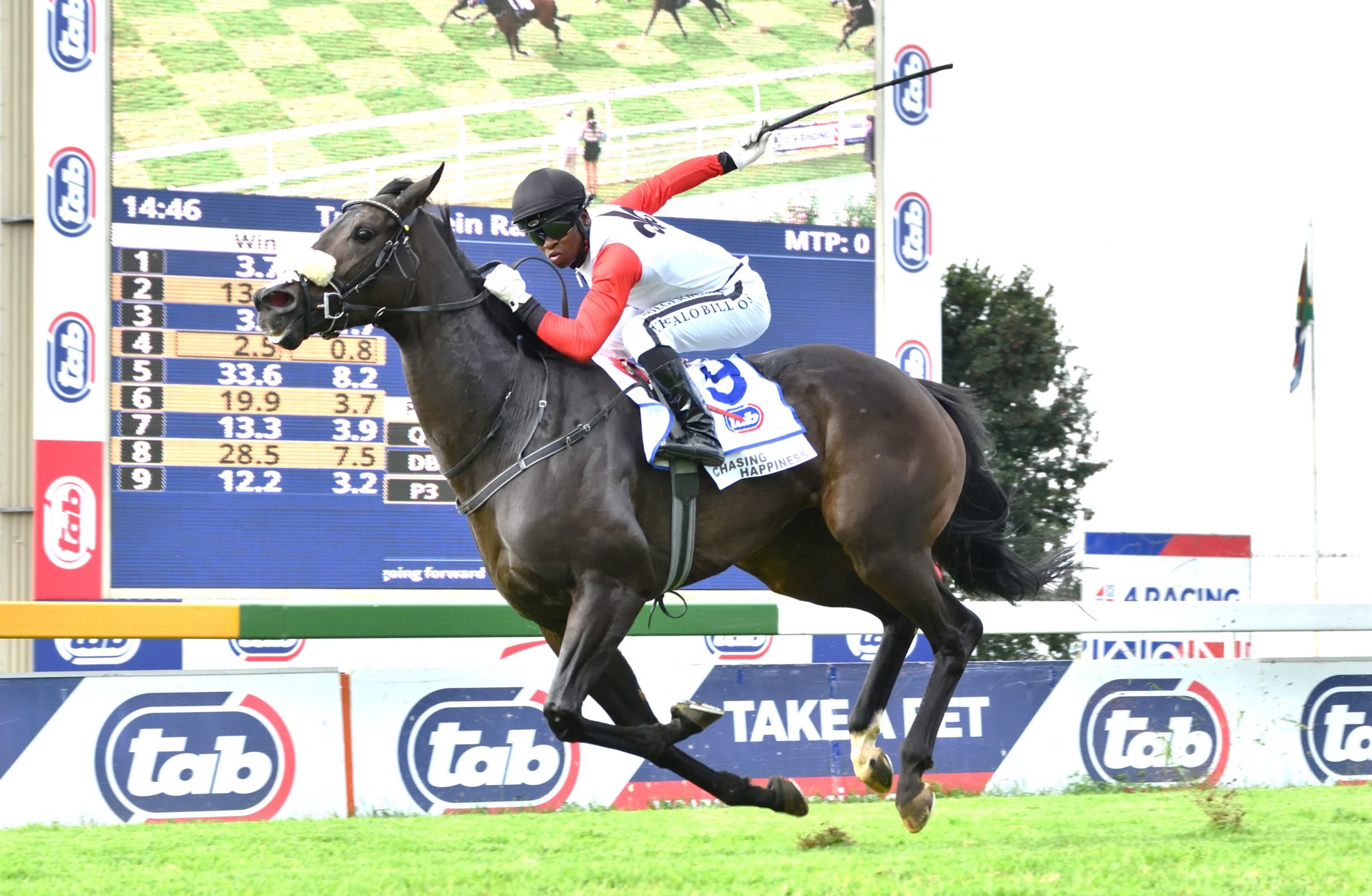The cancellation of the Durbanville race meeting this Wednesday 14 March due to insufficient final acceptors has highlighted the need for the Western Cape fixture list to be fine-tuned with a view to providing an optimal number of racing opportunities in the area across the 12 months of the racing season.
Only 50 final acceptors were declared for the eight-race Durbanville programme and that was simply too few to justify holding the fixture, given that small fields across an entire race meeting impact severely on tote betting turnovers and diminish South African racing’s appeal to its many international customers.
Phumelela, which took over the management of racing in the Western Cape under the direction of Gold Circle KwaZulu-Natal on 1 February, attempted to save the Durbanville meeting by extending the deadline for declarations.
But that resulted in only a handful more runners and Phumelela reluctantly cancelled the fixture and simultaneously offered the day to Gold Circle KZN as an opportunity to replace one of the race meetings lost in that province recently.
Gold Circle was happy to utilise the fixture and created a race meeting at Greyville at short notice to fill the gap.
“Phumelela would like to thank Gold Circle KZN and owners and trainers in the region for stepping in so quickly to close the gap in the racing calendar,” said Phumelela horseracing executive Patrick Davis.
Some people are claiming that the cancellation of the Durbanville meeting is proof that Western Cape racing is in dire straits, but Davis rejected that view.
“The importance of field sizes, both in terms of tote turnover and international appeal, has been relayed to Cape Town trainers since Phumelela took over,” Davis said. “But despite this and the co-operation of trainers, field sizes remain too small, which historically has been a problem at the Cape in February and March.
“These months follow the Cape Summer Season and clearly the number of horses available to race in this timeframe is not in proportion to the number of racing opportunities. Field sizes are not an issue in Cape Town for the rest of the year and the aim for the Western Cape in 2013 will be to balance the fixture list in order to provide the right number of racing opportunities at all times of the year,” Davis concluded.
Phumelela would like to point out that the total amount of prize money in the Western Cape annually is guaranteed. Thus any stakes allocated to cancelled race meetings flow back into the stakes pot and are redistributed through other races in the area.








